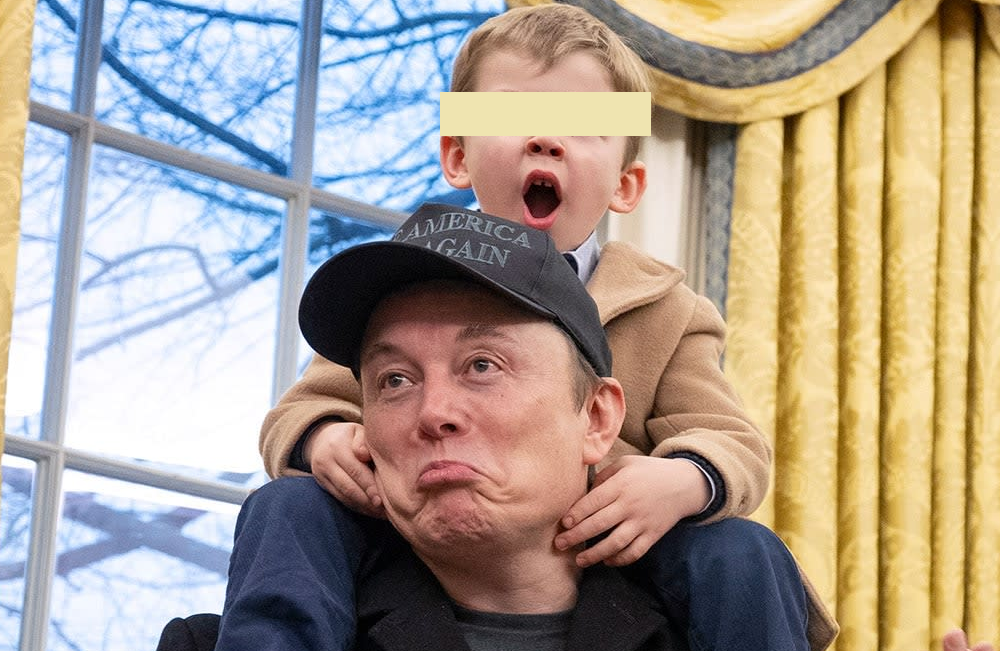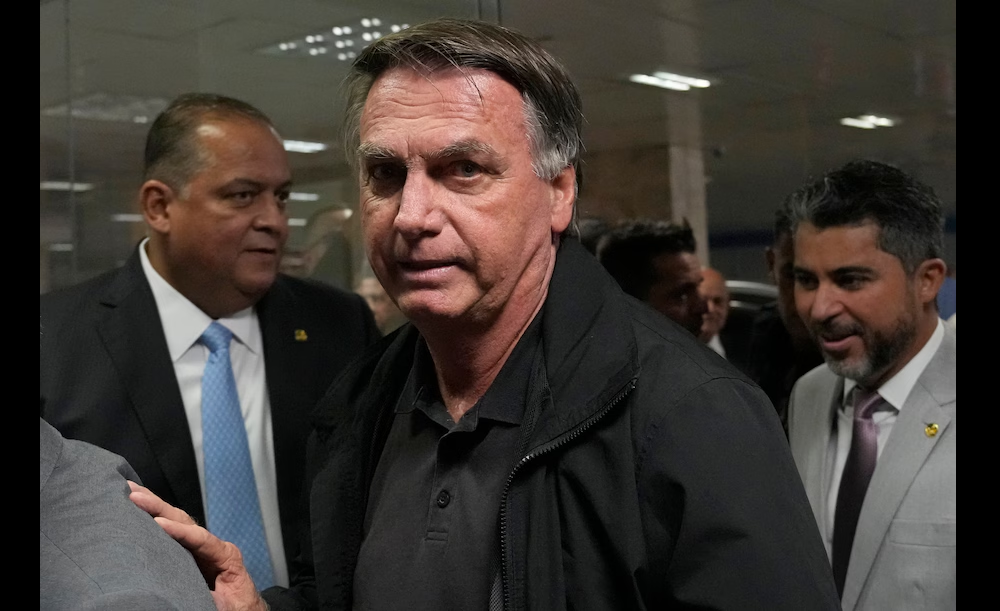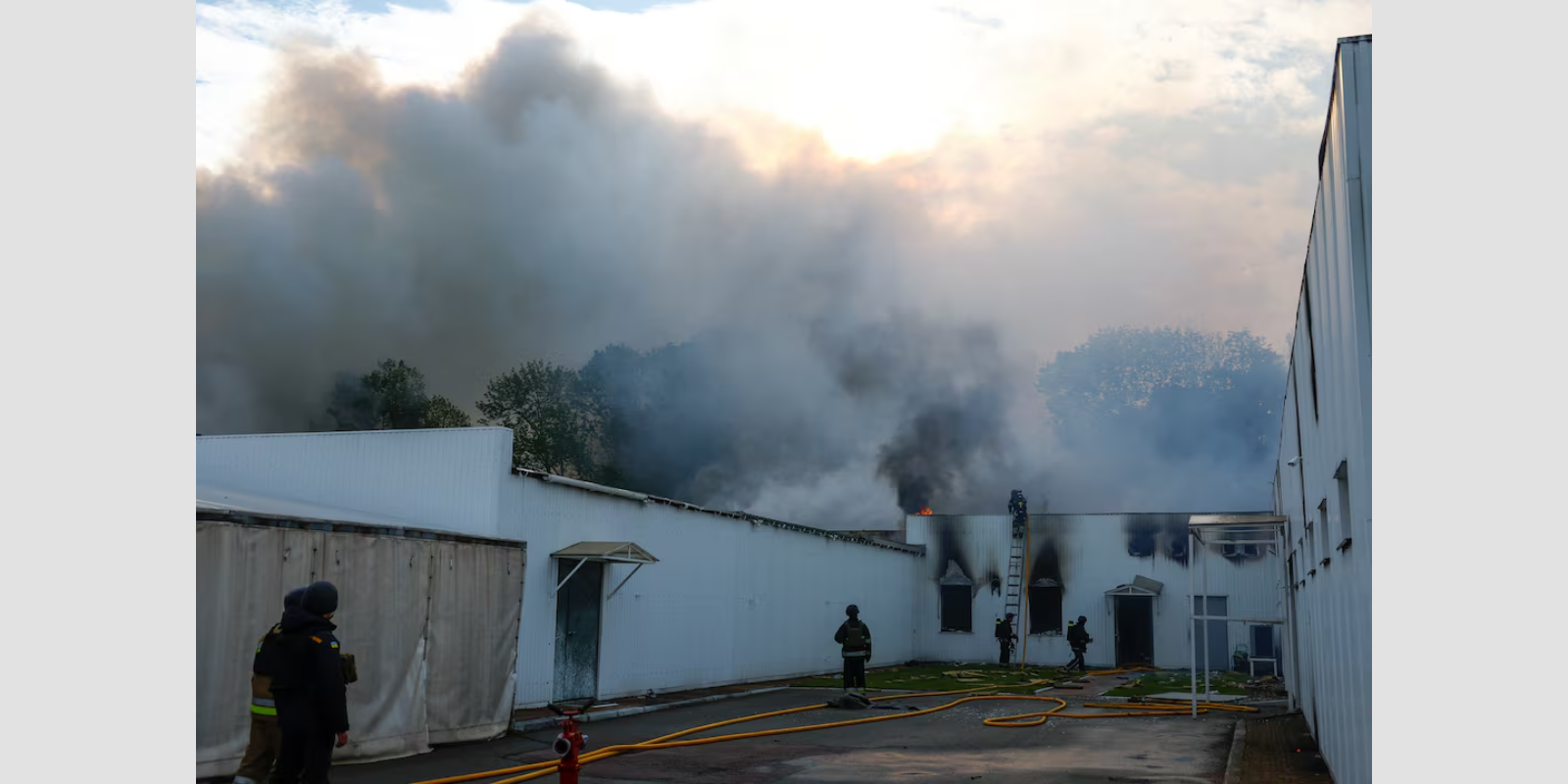Trump eyes mineral wealth as Rwanda and DRC sign controversial peace deal in US
Agreement aims to end decades-old conflict rooted in the 1994 Rwandan genocide but critics have described it as vague and opaque
Carlos Mureithi in Nairobi and agencies Fri 27 Jun 2025 The Guardian UK
Rwanda and the Democratic Republic of the Congo have signed a peace deal in Washington to end fighting in eastern DRC, although questions remain over what the agreement means and who stands to benefit – with Donald Trump using the occasion to boast that the US had secured lucrative mineral rights.
At a ceremony with US secretary of state Marco Rubio in Washington, the two African countries’ foreign ministers signed the agreement pledging to implement a 2024 deal that would see Rwandan troops withdraw from eastern Congo within 90 days.
Kigali and Kinshasa will also launch a regional economic integration framework within 90 days, the agreement said.
Rubio acknowledged there was “more work to be done” but said the deal will let people “now have dreams and hopes for a better life”.
The agreement, mediated by Qatar and the US, aims to end a decades-old conflict that is rooted in the 1994 Rwandan genocide. In a major escalation this year, the M23 rebel group made a rapid territorial advance against the Congolese military and its allies in eastern DRC in fighting that killed thousands and displaced hundreds of thousands.
“They were going at it for many years, and with machetes – it is one of the worst, one of the worst wars that anyone has ever seen,” Trump said before the signing ceremony.
He went on to say: “We’re getting, for the United States, a lot of the mineral rights from the Congo as part of it. They’re so honoured to be here. They never thought they’d be coming.”
Congo’s foreign minister Thérèse Kayikwamba Wagner highlighted the agreement’s promises of a respect for sovereignty.
“By signing this agreement, we reaffirm a simple truth. Peace is a choice, but also a responsibility to respect international law, to uphold human rights and to protect sovereignty of states,” she said.
M23 is among more than 100 armed groups fighting against Congolese forces in the mineral-rich eastern DRC. The group, which is led by Tutsis, says it exists to protect the interests of minorities such as the Tutsis, including protecting them from Hutu rebel groups who escaped to the DRC after taking part in the 1994 genocide that targeted the Tutsis.
The DRC, the UN, the US and other countries say the militia is supported by Rwanda. UN experts say Rwanda uses the group to extract and export valuable minerals – a claim Rwanda denies.
Rwanda has also denied directly supporting the rebels and has demanded an end to another armed group, the Democratic Forces for the Liberation of Rwanda (FDLR), which was established by ethnic Hutus linked to the massacres of Tutsis in the genocide.
The agreement signed on Friday calls for the “neutralisation” of the FDLR.
In a joint statement before the signing, the three countries said the agreement would include “respect for territorial integrity and a prohibition of hostilities” and the disarmament of all “non-state armed groups”.
The statement also spoke of a “regional economic integration framework” and of a future summit in Washington bringing together Trump, the Rwandan president, Paul Kagame, and the DRC president, Félix Tshisekedi.
The deal has come under scrutiny for its vagueness, including on the economic component, with the Trump administration eager to profit from abundant mineral wealth in eastern DRC.
The agreement aims to attract western investment to the two countries’ mining sectors, which contain deposits of tantalum, gold, cobalt, copper and lithium, while giving the US access to critical minerals.
Denis Mukwege, a gynaecologist who shared the 2018 Nobel peace prize for his work to end the DRC’s epidemic of sexual violence in war, last week said the mediation process was “opaque”, failed to talk about justice and reparations and avoided “recognition of Rwanda’s aggression against the DRC”.
Calling for justice and reparations, he said on social media: “In its current state, the emerging agreement would amount to granting a reward for aggression, legitimising the plundering of Congolese natural resources, and forcing the victim to alienate their national heritage by sacrificing justice in order to ensure a precarious and fragile peace.”
Reuters and Agence France-Presse contributed to this report
Controversy over economic ties
Denis Mukwege, a gynecologist who shared the 2018 Nobel Peace Prize for his work to end the DRC's epidemic of sexual violence in war, voiced alarm that the agreement was too opaque.
He said that the talk of economic cooperation was an unjust reward for Rwanda.
The deal "would amount to granting a reward for aggression, legitimizing the plundering of Congolese natural resources, and forcing the victim to alienate their national heritage by sacrificing justice in order to ensure a precarious and fragile peace," he said in a statement.
On the eve of the signing, news outlet Africa Intelligence reported that the deal asks Rwanda to withdraw its "defensive measures" and for the DRC to end all association with the FDLR.
Rwandan Foreign Minister Olivier Nduhungirehe on X denied the account.
"As a matter of facts, the words 'Rwanda Defense Force', 'Rwandan troops' or 'withdrawal' are nowhere to be seen in the document," he said.
Congolese Foreign Minister Therese Kayikwamba Wagner, on a visit to Washington in April to jumpstart negotiations on the deal, said that Rwanda should be obliged to withdraw from her country, which has been ravaged by decades of war.
Both countries have sought favor with the United States. The DRC -- whose enormous mineral reserves include lithium and cobalt, vital in electric vehicles -- has pitched an agreement to seek US investment, loosely inspired by the Trump administration's minerals deal with Ukraine.
Rwanda has been discussing taking in migrants deported from the United States, a major priority for Trump.
Rwanda, one of the most stable countries in Africa, had reached a migration deal with Britain's former Conservative government but the arrangement was killed by the Labour government that took office last year.
© Agence France-Presse







